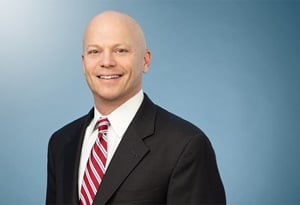Maryland Adopts Daubert Standard for Admissibility of Expert Testimony
Faegre Drinker on Products Blog
The Maryland Court of Appeals has retired the inflexible Frye-Reed standard and adopted the framework of Daubert for evaluating the admissibility of expert testimony. In Rochkind v. Stevenson (August 28, 2020), Maryland officially joined the supermajority of states that have considered the issue and now follow Daubert.
Previously in Maryland, pursuant to the Frye-Reed standard, before an expert opinion was to be received as evidence at trial, the basis of the expert’s opinion had to be generally accepted as reliable within the expert’s relevant scientific community. Over time the standard evolved into “Frye-Reed Plus” and implicitly and explicitly relied on and adopted several Daubert principles. Thus, in order to be admissible, expert testimony discussing novel scientific theories was subjected to both the minimum threshold of the Frye-Reed standard and Maryland’s Rule 5-702 – the counterpart to Federal Rule of Evidence 702 – requirements. However, expert testimony addressing non-novel scientific evidence was evaluated using only the requirements of Rule 5-702.
The material contained in this communication is informational, general in nature and does not constitute legal advice. The material contained in this communication should not be relied upon or used without consulting a lawyer to consider your specific circumstances. This communication was published on the date specified and may not include any changes in the topics, laws, rules or regulations covered. Receipt of this communication does not establish an attorney-client relationship. In some jurisdictions, this communication may be considered attorney advertising.


